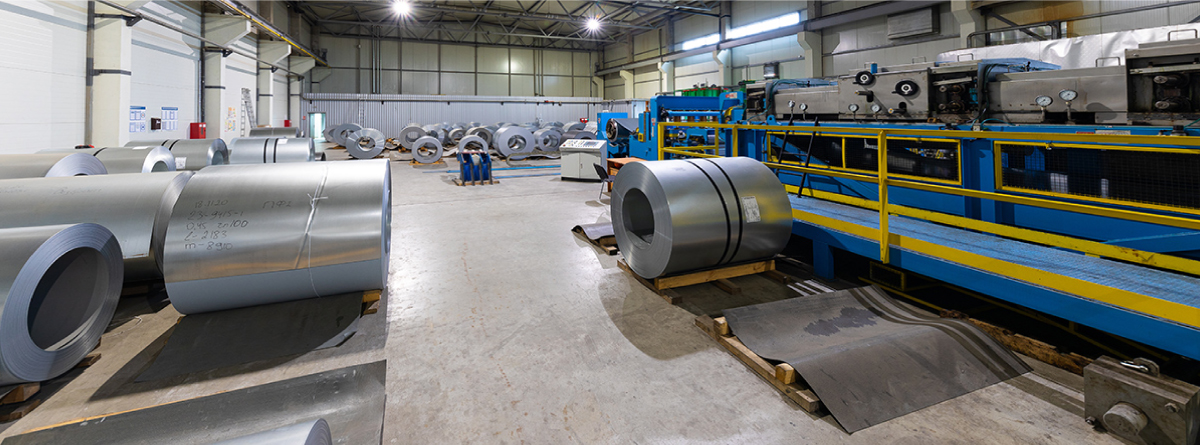
Precision engineering is a manufacturing process that uses precise tools and equipment to create parts for various machinery. This type of engineering aims to produce high-quality parts with little to no variation from part to part. Press machines are an essential tool in the precision engineering industry. This blog post will explain what press machines are, how they work, and why processes like production milling are so popular within precision engineering.
What you need to know about press machines
A press machine consists of two main parts: the bed and the ram. The bed is where the metal part is placed. The ram is a large, heavy tool that presses down on the metal part. The force of the press creates enough pressure to deform the metal part and shape it into the desired form.
The machine works by applying pressure to the metal part. This pressure is created by the ram, which pushes down on the bed of the press machine. The amount of pressure applied can be controlled by adjusting the height of the ram or by changing the position of the press bed.
More about production milling
Production milling is a process that uses CNC machinery to create parts for machines or products. This type of milling is popular because it allows manufacturers to quickly and efficiently produce just about any part they need. A CNC machine is any machine tool controlled with a CNC (computer numerical control) system.
The popularity of CNC machines
CNC machines are crucial components of many manufacturing industries because they automate procedures that previously took several skilled workers weeks to complete. Moreover, when one considers the capacity of these machines to produce hundreds of items with identical specifications in just specified timeframes, the cost savings are undeniable.
